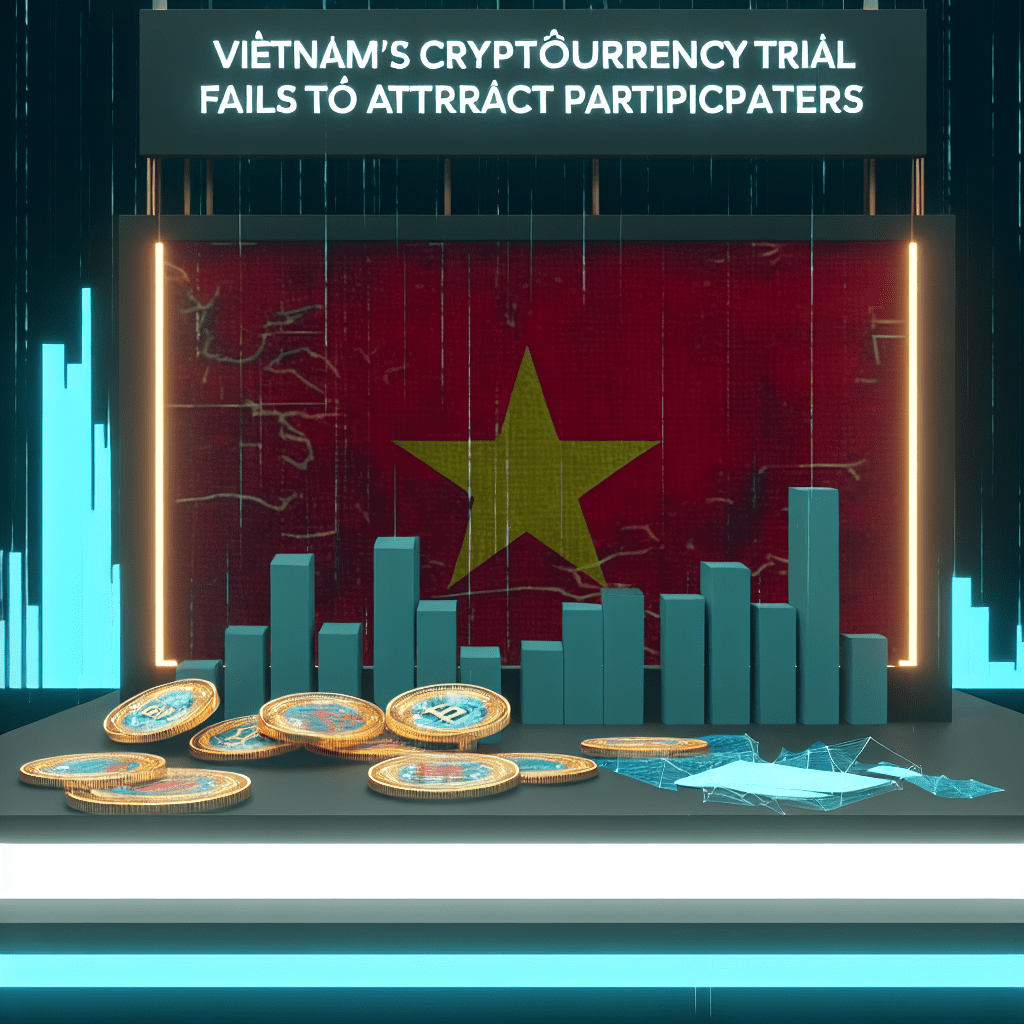Vietnam’s Ministry of Finance has reported that there have been no applications from companies to join the country’s five-year digital asset trading pilot, despite a surge in global interest in regulated cryptocurrency markets.
During a news briefing on Sunday, Deputy Minister of Finance Nguyen Duc Chi stated to local media that the ministry has not received any proposals from firms wishing to initiate digital asset trading in the nation.
“At this moment, the ministry has not seen any proposals from enterprises,” Chi added, noting that the pilot program will permit a maximum of five participants. He also mentioned that the ministry is accelerating the process so that the first qualified enterprise can be authorized and start operations as soon as possible.
“We aim to launch this pilot before 2026,” Chi remarked. “However, the speed of progress will rely on how effectively enterprises can satisfy the necessary requirements.”
Capital demands and asset restrictions hinder market responsiveness
This announcement follows nearly a month after the government issued Resolution 05/2025, which officially initiated a long-anticipated crypto pilot.
The absence of applicants underscores the significant compliance challenges and limited product range that companies must navigate to qualify. These challenges include substantial capital requirements, strict staffing constraints, and limitations on the crypto offerings permitted.
According to the Ministry of Finance, licensed crypto asset service providers (CASPs) are required to maintain a minimum capital of at least 10 trillion dong (approximately $379 million). This figure aligns with the prerequisites for full commercial banks and diverges from those typical of ordinary fintech startups.
Other Southeast Asian jurisdictions might present a more feasible avenue for crypto companies. Singapore, Hong Kong, and Japan offer non-bank options with capital requirements ranging from $1 million to $5 million, resulting in lighter financial obligations.
In addition to substantial capital demands, Vietnam is also imposing restrictions on the issuance of crypto assets that are backed by fiat currencies or securities. This effectively excludes most stablecoins, including USDT, USDC, and a rapidly expanding category of tokenized securities and money-market funds.
This limitation reduces the variety of products that could attract both retail and institutional investors.
Related: Vietnam state-run Military Bank collaborates with Dunamu to establish a crypto exchange
Contradicting global demand
The restrictions coincide with a period when fiat-backed stablecoins and tokenized treasuries are among the fastest-growing segments within the crypto sphere.
The stablecoin supply recently exceeded $300 billion, with transfers surpassing $15.6 trillion in the third quarter of 2025. Inflows during that period amounted to $46 billion, primarily driven by Tether’s USDT, Circle’s USDC, and Ethena’s synthetic stablecoin, USDe.
Simultaneously, data from RWA.xyz indicated that tokenized treasuries had risen to over $8 billion, influenced by BlackRock’s BUIDL fund and Franklin Templeton’s BENJI tokens. This suggests that institutions may be seeking yield, collateral, and quicker settlement times.
Magazine: South Koreans shift from Tesla to Ethereum treasury BitMine: Asia Express

